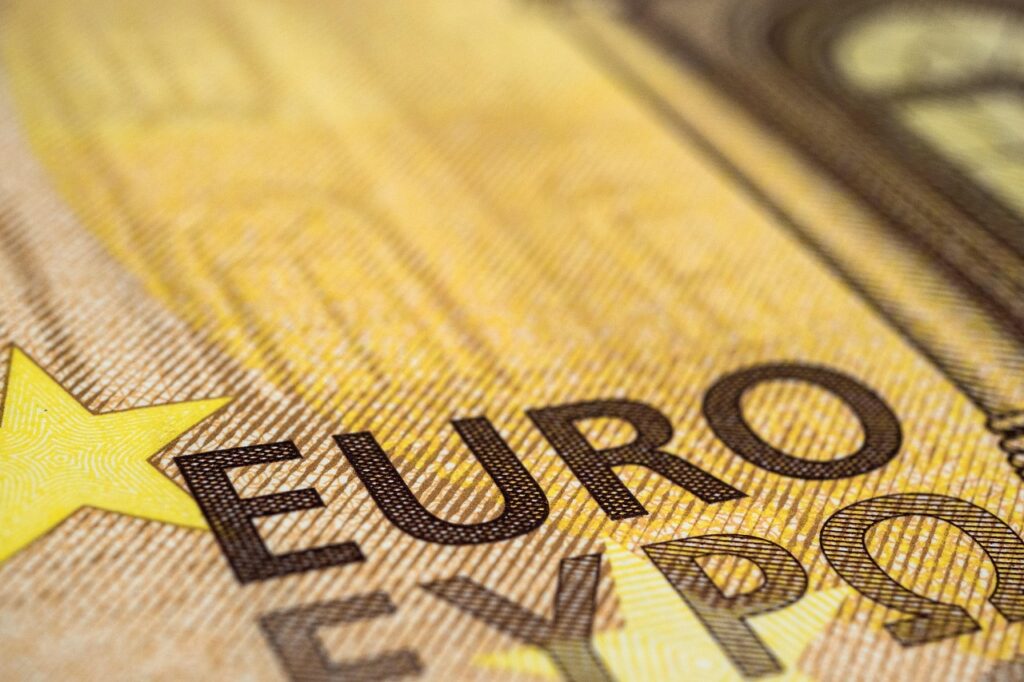The European Union’s Climate, Infrastructure, and Environment Executive Agency (CINEA) has launched a €600 million funding call for cross-border energy infrastructure projects, targeting initiatives listed under the revised Trans-European Networks for Energy (TEN-E) Regulation.
Open until September 16, 2025, the call supports electricity, smart grids, hydrogen, CO₂ transport, and offshore projects under the PCI/PMI framework. While the funding aligns with the EU’s €5.84 billion Connecting Europe Facility (CEF) Energy budget (2021–2027), the allocation represents just 10% of the total envelope, prompting concerns about diluted impact. Hydrogen and CO₂ networks—critical for the REPowerEU plan’s 20 million-ton green hydrogen target—receive explicit focus, but industry analysts note persistent hurdles: only 15% of EU hydrogen projects have reached Final Investment Decision (FID), per Hydrogen Europe’s 2024 report.
PCIs and PMIs benefit from accelerated permitting under TEN-E, theoretically shortening approval timelines to 3.5 years. However, a 2023 European Court of Auditors review found that 60% of PCI energy projects since 2013 missed completion deadlines, citing complex stakeholder negotiations and supply chain delays. The new call’s inclusion of “works” and “studies” funding—split into two streams (CEF-E-2025-PCI-PMI-WORKS and STUDIES)—aims to address pre-construction barriers. Yet, with average CEF grant covers just 20–30% of project costs, developers face significant co-financing gaps.
Hydrogen infrastructure, prioritized in 35% of 2023 PCI projects, remains nascent. Electrolyser deployment lags at 1.2 GW operational EU-wide, far below the 40 GW by 2030 target. CO₂ networks, meanwhile, grapple with regulatory fragmentation: only Denmark and the Netherlands have finalized cross-border transport agreements.
While smart grid projects qualify for funding, Europe’s distribution networks require €584 billion in investments by 2030 to integrate renewables, per ENTSO-E. Offshore wind, though prioritized, faces cable shortages and turbine supply delays—issues unaddressed by the call’s broad eligibility criteria.
A virtual info day on May 22, 2025, will clarify application processes, but sector experts stress the need for tighter alignment with national recovery plans. Spain’s recent €2.2 billion hydrogen pipeline pledge and Germany’s carbon capture strategy illustrate fragmented progress, underscoring risks of overlapping priorities.
Stay updated on the latest in energy! Follow us on LinkedIn, Facebook, and X for real-time news and insights. Don’t miss out on exclusive interviews and webinars—subscribe to our YouTube channel today! Join our community and be part of the conversation shaping the future of energy.
